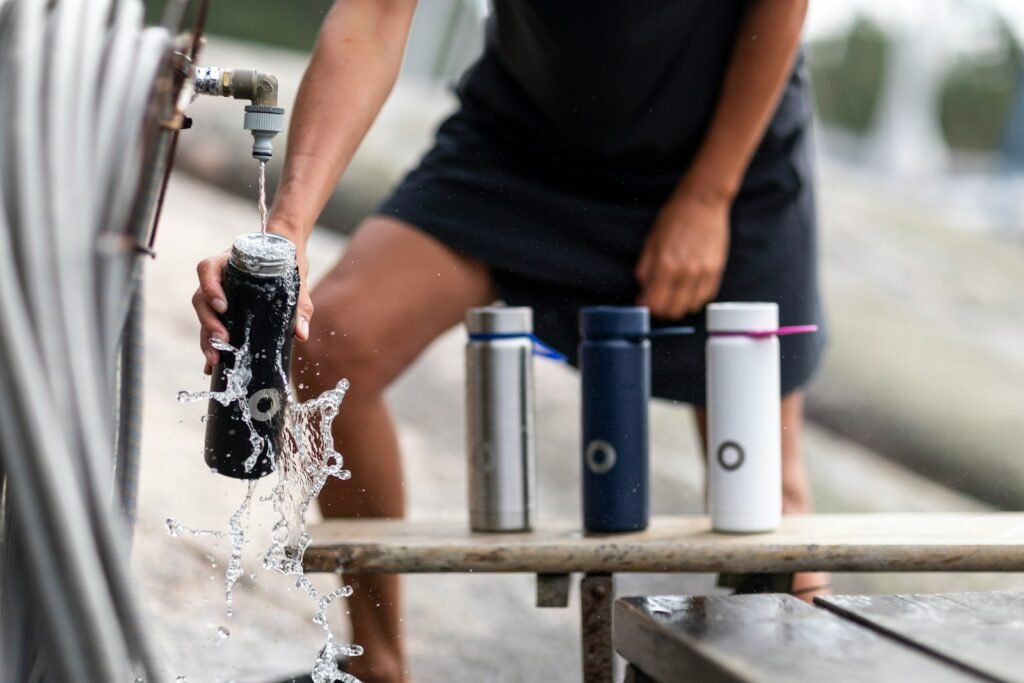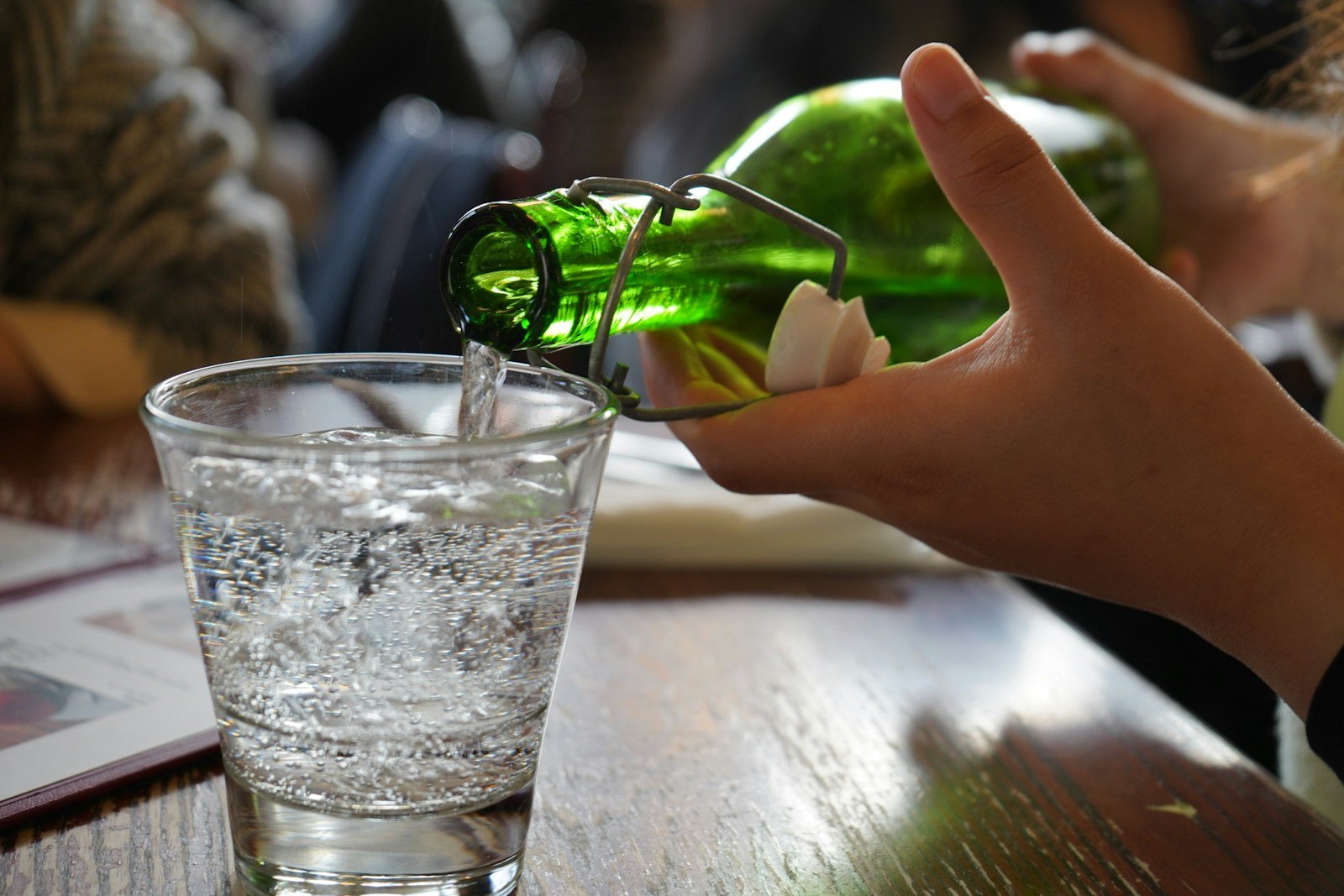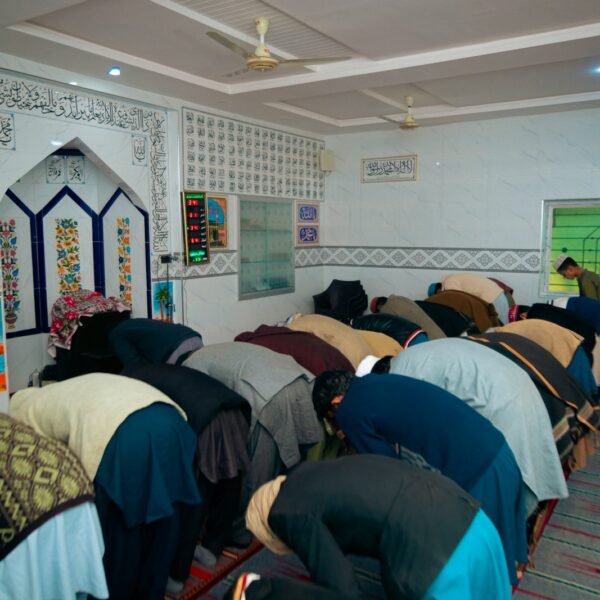As Ramadan, the Islamic holy month of fasting, approaches, millions prepare to abstain from food and drink from dawn till sunset. But a common question arises: can you drink water during Ramadan? It’s crucial to know the rules about staying hydrated during this time to stay healthy and well.
This article will delve into the rules of Ramadan fasting, the importance of drinking water, and what happens if you don’t drink any. Let’s explore these topics together.

Understanding Ramadan Fasting Rules
Ramadan fasting is a key practice for Muslims worldwide. It’s a time for spiritual growth and community bonding. People fast from dawn to sunset, which helps them connect more with Allah.
During these hours, they don’t eat, drink, smoke, or have sexual activity. These rules help deepen their faith and spiritual connection.
There are some exceptions to these rules. People who are sick, pregnant, nursing, children, or elderly don’t have to fast. Knowing these exceptions helps people balance their health and faith during Ramadan.
Importance of Hydration During Ramadan
Staying hydrated during Ramadan is crucial for our health. Fasting for many hours means our body needs more fluids. Water makes up about 60-70% of our body weight and helps with many important functions like keeping electrolytes balanced and helping nutrients get absorbed.
If we don’t drink enough water, we might feel tired, have trouble thinking clearly, and our organs won’t work well. These problems are worse in warm weather during Ramadan.
It’s important to know how staying hydrated helps us. Drinking enough water helps us feel better and stay healthy during Ramadan. Knowing this makes us think more about how much water we drink.
Can You Drink Water During Ramadan
During Ramadan, drinking water is not allowed during the daylight hours of fasting. Muslims must not eat or drink from dawn until sunset. This makes staying hydrated a big concern.
To stay hydrated, focus on drinking water during Suhoor before dawn and during Iftar, after sunset. These meals are key times to refill your fluids. It’s vital to follow hydration rules to stay healthy during Ramadan.
Managing fluids well during Ramadan means drinking a lot when you break your fast and before the next day starts. Drinking enough water at these times boosts your energy and stamina.
Effects of Dehydration on the Body
Dehydration can really affect how our bodies work, especially during Ramadan fasting. People often don’t drink water for many hours. Common dehydration effects are headaches, feeling very tired, and getting dizzy. These symptoms can make everyday tasks hard.
Not drinking enough water can lead to serious health risks, like getting kidney stones or urinary tract infections. These problems can be very uncomfortable and might need a doctor’s help. It’s important to know these risks to stay healthy during Ramadan. Drinking enough water is key to feeling good and staying healthy.
Recommended Fluid Intake for Fasting Individuals
During Ramadan, it’s key to know about fluid intake recommendations to stay healthy. The right hydration guidelines can really help you feel better during the fast. Men should try to drink about 3.7 liters, and women around 2.7 liters, throughout the day during suhoor and iftar.
Drinking fluids slowly after breaking the fast until suhoor is a good strategy. This helps your body get back the fluids it lost. Being aware of your hydration can make fasting during Ramadan easier and more comfortable.
How to Stay Hydrated: Best Practices
Staying hydrated while fasting is key. A good strategy is to drink water evenly from Iftar to Suhoor. Instead of drinking a lot at once, spread it out over the evening. This helps your body get enough water.
Eating foods with a lot of water helps too. Fruits like watermelon, oranges, and cucumbers add to your water intake. Soups and broths are great because they give you both nutrition and hydration.
Try to avoid drinks that make you lose more water, like coffee and tea. These can undo your hydration efforts. Choosing herbal teas or other caffeine-free drinks is better during Ramadan.
Plan your meals and snacks well from Iftar to Suhoor to stay hydrated. Being mindful of your fluid needs helps keep you healthy while fasting. It keeps your energy and focus up all day.
Foods with High Water Content to Consider
Staying hydrated during Ramadan isn’t just about drinking water. The foods we eat play a big role too. Foods with lots of water can help keep us hydrated and give us important nutrients. Think about eating watermelon, cucumbers, and oranges because they’re full of water.
Soups and broths are great choices too. They help with hydration and also warm us up. These foods are good for hydration during Ramadan and give us vitamins and minerals. Eating these foods can make fasting healthier, keeping our energy up and our bodies strong.
Impact of Temperature on Fluid Loss
During Ramadan, knowing how temperature affects hydration is key. Hot weather can make you lose more fluids through sweat. This increases the risk of dehydration, especially in warm months. It’s important to drink more water to stay hydrated.
Being aware of the weather helps keep your hydration levels up. People fasting during Ramadan should watch the weather closely. Drinking water on purpose is more important when it’s hot and you’re fasting for a long time. Using strategies to prevent fluid loss helps keep fasting healthy.
Tips for Drinking Water Efficiently During Suhoor
Drinking water during Suhoor is key to keeping your energy up during the fasting day. Using some tips can greatly improve your well-being. Drinking lukewarm water helps with digestion better than cold water.
Adding lemon slices or mint to your water makes it taste better. This makes you want to drink more. Using effective drinking techniques boosts your fluid intake and makes meals more enjoyable.
It’s important to stay hydrated in the morning, especially with high-protein foods. These foods keep your energy up and stop you from eating too much. By doing this, you make sure your Suhoor hydration is both fun and helpful.
Alternatives to Water: Healthy Beverage Choices
Water is key for staying hydrated during Ramadan, but there are other drinks that can add nutrients and taste. Herbal teas are a great choice for relaxing and aiding digestion. Coconut water is packed with electrolytes, making it perfect for replacing lost fluids.
These drinks let people enjoy different flavors while staying hydrated. They are great for those looking for healthy beverage choices during Ramadan.
Smoothies are another good option. They are made with fresh fruits and veggies. These drinks give you vitamins and minerals and help with hydration. Adding these drinks to your diet keeps your energy up and helps you stay well during the fast.
Hydration and Physical Activity During Fasting
Staying hydrated is key for good performance, especially during Ramadan when you can’t drink water for long periods. It’s important to plan your workouts to manage your hydration well. Not having enough water can make you tired and lower your endurance, which can stop you from reaching your fitness goals.
Try to work out when you can easily drink fluids. Exercising after Iftar lets you drink water before and after, helping your body stay hydrated. If you like morning workouts, do them before Suhoor. This way, you can drink water right after to help with recovery and energy.
To do well in Ramadan fitness, eat foods with a lot of water during non-fasting times. Also, keep an eye on how hydrated you are and drink water often at night. This approach will improve your workout experience and keep you active while following the fasting rules.
FAQ
Can you drink water during Ramadan?
Why is hydration important during Ramadan?
How can I ensure I stay hydrated while fasting?
What are the risks of dehydration during Ramadan?
How much water should I drink daily during Ramadan?
What foods can help with hydration during Ramadan?
Can temperature affect hydration needs during Ramadan?
What tips can help maximize hydration at Suhoor?
Are there healthy beverage alternatives to water during Ramadan?
How should I approach exercise during Ramadan regarding hydration?

Embracing Faith, One Insight at a Time!
The teachings of the Quran have always guided my path. With a deep passion for Islamic knowledge, I strive to blend the wisdom of tradition with the relevance of today, making the timeless messages of Islam accessible and meaningful for everyone.
Muslim Culture Hub is my platform to share historical insights and thought-provoking articles, exploring both well-known and lesser-discussed aspects of Islamic culture and beliefs. My mission is to create an inclusive online space where everyone can learn, strengthen their faith, and connect with the profound message of Islam.
Join the journey!
May peace be upon you.








